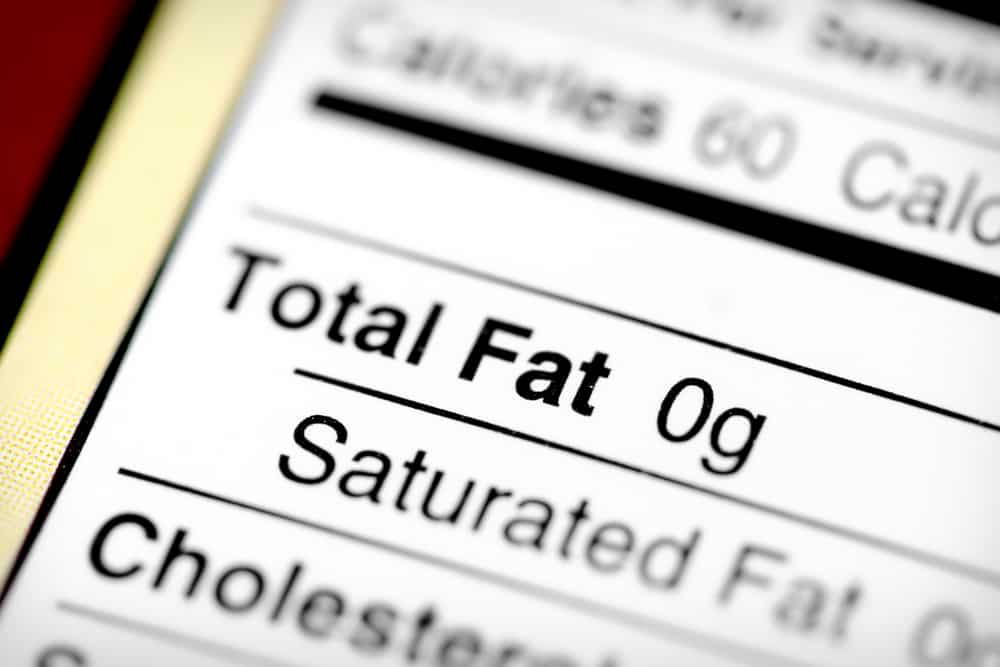Unhealthy foods play a primary role in many people gaining weight and developing chronic health conditions, more now than ever before. Surprisingly, people consider some of these foods healthy. Here are common “health foods” that are junk foods in disguise. Why is junk food bad? Eating junk food regularly can lead to an increased risk of obesity and chronic diseases like cardiovascular disease, type 2 diabetes, non-alcoholic fatty liver disease, and some cancers. It’s easy to get confused about which foods are healthy and which aren’t. You generally want to avoid certain foods if you’re going to lose weight and prevent chronic illnesses.
Do you know what foods are unhealthy? When examining your diet, it can be challenging to determine what foods are healthy or not. The most common unhealthy foods include highly processed items, such as fast foods and snack foods. “Highly processed foods” tend to be low in nutrients (vitamins, minerals, and antioxidants) and high on empty calories due to the content of refined flours, sodium, and sugar. What makes food unhealthy? The preparation method and the types of ingredients the food contains make it unhealthy. Sodium, sugar, and fat (saturated fat and trans-fat) are key ingredients one should always monitor when eating out and shopping at the grocery store. The American Heart Association recommends keeping the consumption of saturated fat to less than seven percent and trans-fat consumption to less than 1 percent of an individual’s daily calories.

40. Low Fat and Fat-free
Full-fat foods are foods where the amount of fat has not been reduced or removed (e.g., regular sour cream.) Low-fat foods are foods where some fat has been removed (e.g., low-fat or light sour cream.) Nonfat foods have either all the naturally occurring fat removed or never had any fat in them to begin with(e.g., nonfat sour cream or celery.). The “war” on saturated fat could be considered one of the most misguided decisions in the history of nutrition. It was based on weak evidence, which has now been thoroughly debunked.
When this discussion started, processed food manufacturers jumped on the bandwagon and removed the fat from foods. However, there’s a huge problem doing this. Food doesn’t taste well when the fat has been removed. That’s why they added a lot of sugar to compensate. Saturated fat is harmless, but added sugar is incredibly harmful when consumed in excess. The words “low fat” or “fat-free” on packaging usually mean that it’s a highly processed product that’s loaded with sugar. Make sure to check the labels to compare products and try to keep your sugar consumption to a minimum when possible.
